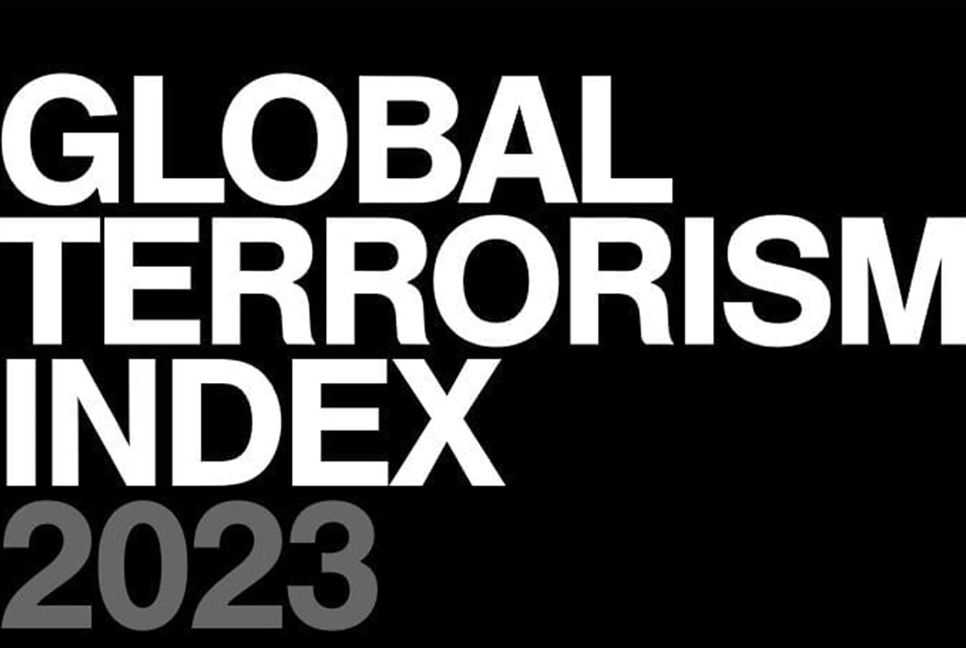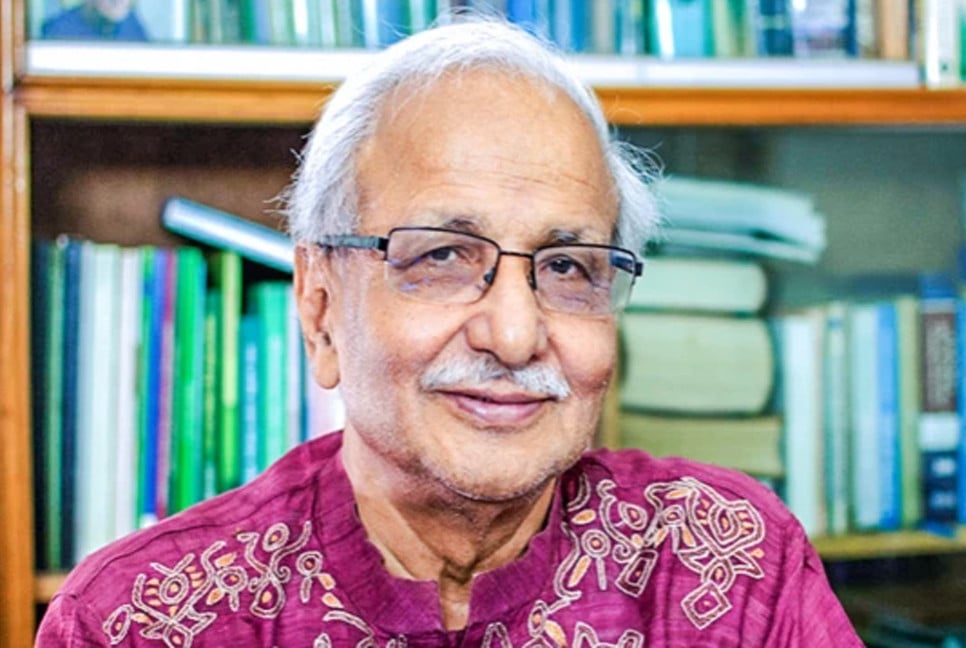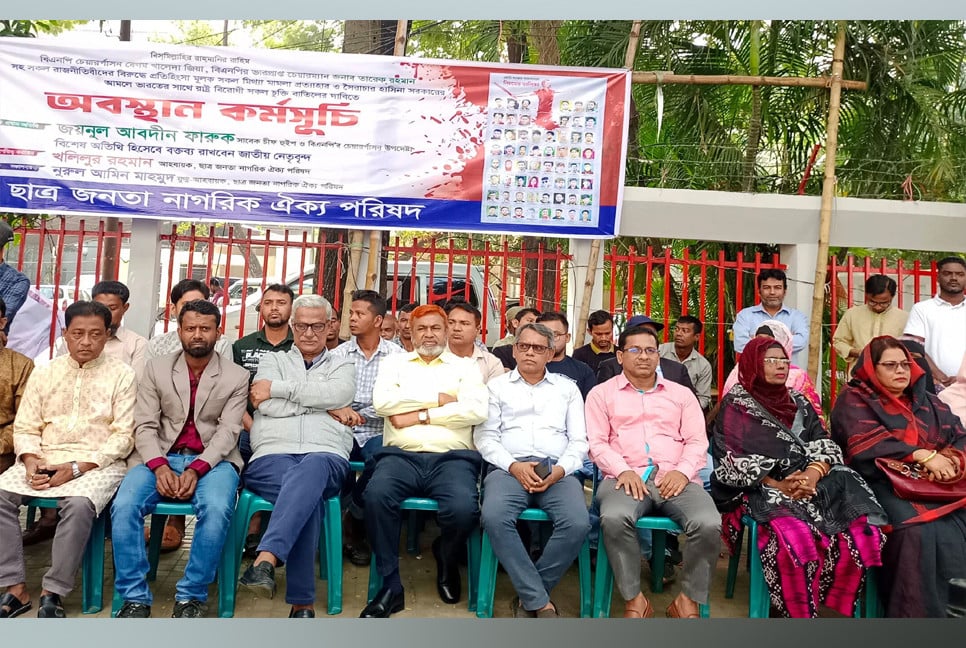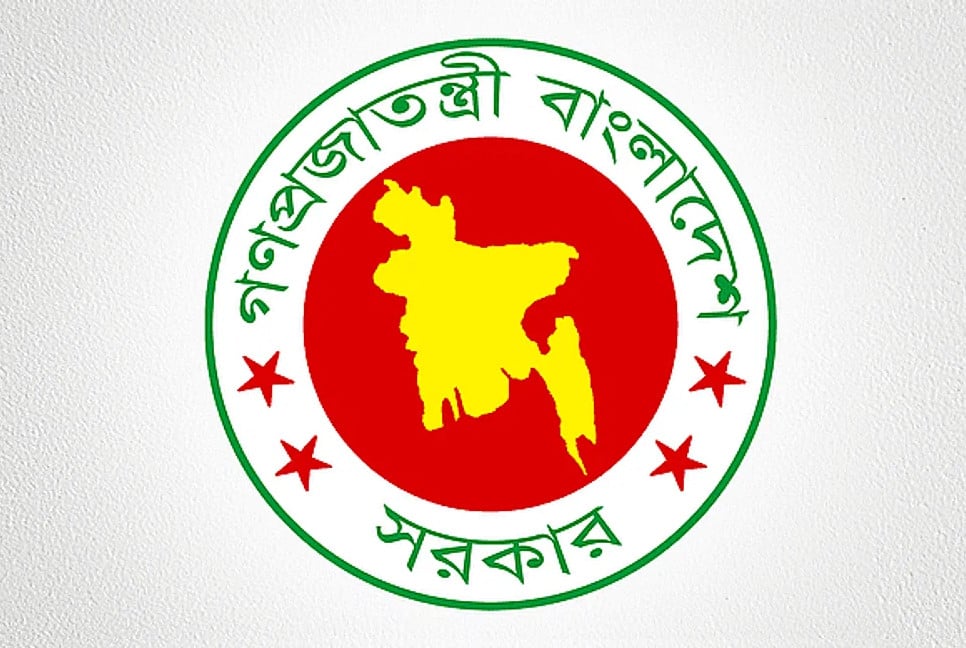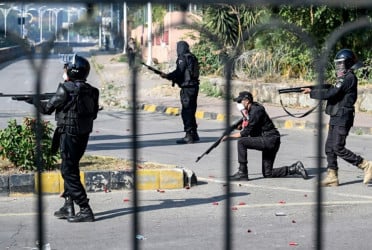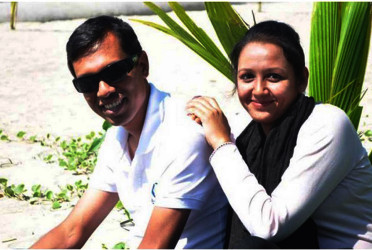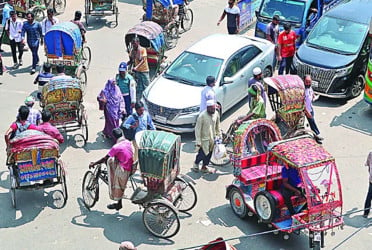The threat of terrorism in Bangladesh has been reported to be low, according to Global Terrorism Index (GTI) 2023, reports UNB.
The Global Terrorism Index is published annually by the Institute for Economics and Peace (IEP). The index provides a comprehensive overview of key global trends and patterns of terrorism since 2000.
According to the report, Bangladesh improved by two notches in the latest edition of the Global Terrorism Index — from 41 in 2022 to 43 in 2023. The country received a score of 3.827 on a scale of 10 that rates the impact of terrorism in a specific nation, where zero represents no impact of terrorism and 10 represents the highest measurable impact.
The calculation of the GTI score includes terrorism-related fatalities, incidents, captives, and injuries over a five-year period. Institute for Economics and Peace (IEP) uses data to produce the report from TerrorismTracker and other sources.
According to the report, in 2022, deaths from terrorism fell by nine percent to 6,701 deaths. The fall in deaths was mirrored by a reduction in the number of incidents, with attacks declining by almost 28 percent from 5,463 in 2021 to 3,955 in 2022.
Despite attacks and fatalities declining by 75% and 58%, respectively, Afghanistan continued to be the nation most affected by terrorism for the fourth consecutive year. This year's edition gave the nation an overall score of 8.822.
Meanwhile, South Asia continued to be the most affected region by terrorism according to GTI, as it has been since 2012. However, its average regional GTI score improved for the first time in four years, driven by a decline in terror attacks and deaths in Afghanistan. The region recorded 1,354 deaths from terrorism in 2022, a decrease of 30 percent when compared to the previous year.
In the region, only Bhutan has a GTI score of 0, meaning that it has not recorded a terrorist attack in the past five years. Bhutan ranked 93rd globally in terms of the impact of terrorism, followed by Bangladesh (43), Nepal (36), Sri Lanka (29), India (13), Pakistan (6), and Afghanistan (1).
It is worth mentioning that a higher rank with a lower score denotes lower impact of terrorism.
In South Asia, Bangladesh witnessed the second-most improvement in regards to the impact of terrorism, followed closely by Nepal, with both countries recording two attacks and no deaths in 2022.
Meanwhile, Pakistan remained the second-most impacted country in the region in 2022. When compared with the previous year, Pakistan saw the number of attacks increase by 45 percent to 298 attacks. The number of deaths mirrored this trend with Pakistan recording 643 deaths in 2022, an increase of 351 deaths.
In 2022, approximately 20 terror groups were active in South Asia, with Islamic State Khorasan (IS-K) committing the most attacks (138) of any group. IS-K were also among the deadliest factions in the region in 2022, with 498 fatalities. Overall, 39% of attacks and nearly a quarter of all fatalities were not attributed to any terrorist organization.
Top 10 countries with the highest GTI score (Most Affected by Terrorism):
Afghanistan (8.822), Burkina Faso (8.564), Somalia (8.463), Mali (8.412), Syria (8.161), Pakistan (8.160), Iraq (8.139), Nigeria (8.065), Myanmar (7.977), Niger (7.616).
Bd-pratidin English/Tanvir Raihan

